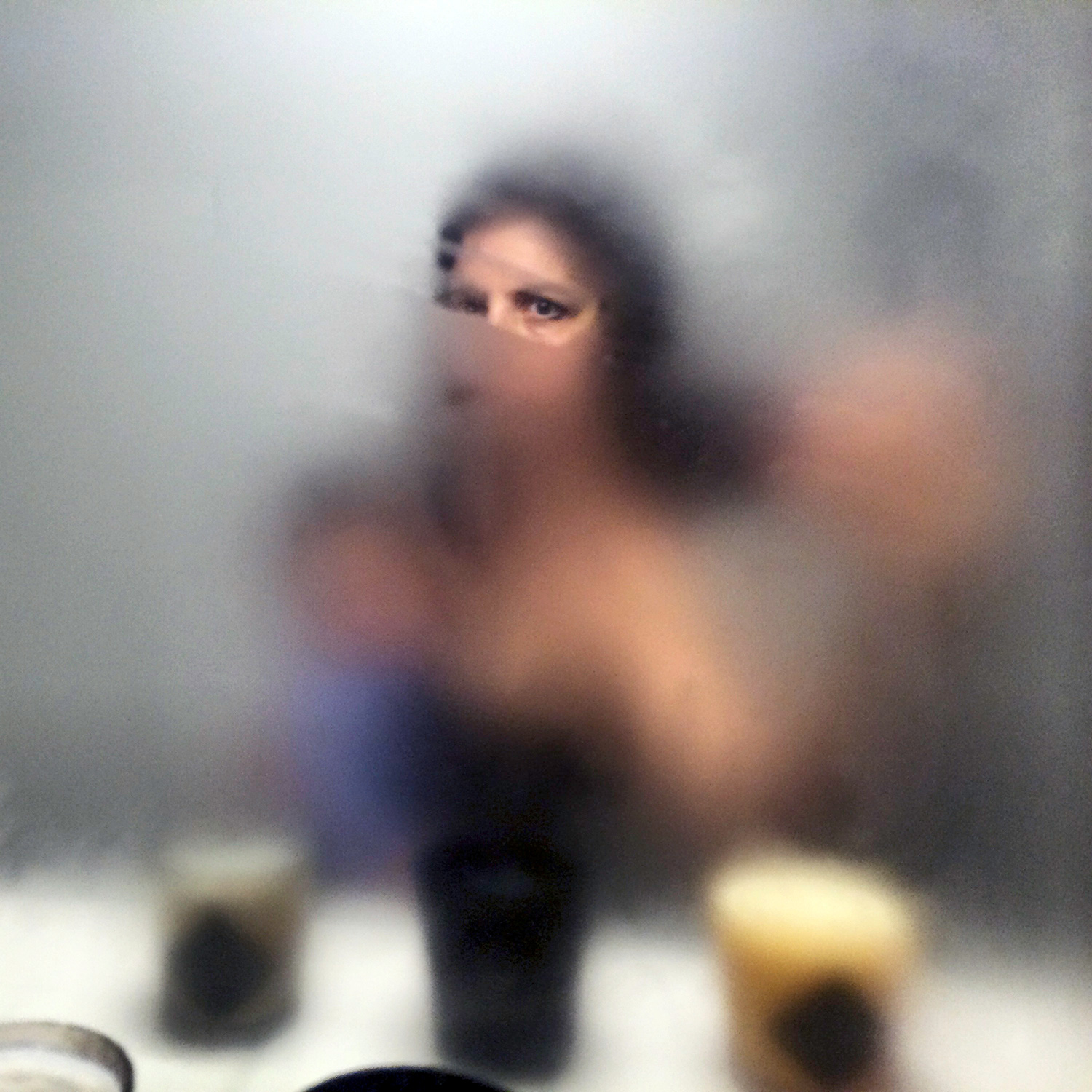It’s a mother’s worst fear: to spend nine months giddy with anticipation, eager to meet the tiny being growing inside you, only to be overwhelmed by the suspicion that something isn’t right. What’s usually a chapter full of joy and precious milestones starts to sour, and the burden of existence becomes too much to handle. People say it’s probably a case of the ‘baby blues,’ and in due course, like everything, the phase should pass. But what happens when it doesn’t?
Postpartum depression manifests in a variety of ways, from anxiety to insomnia, irritability and difficulty bonding with one’s baby. Some women cope with symptoms that seem contradictory to the condition’s typical perception, like irrational overprotectiveness, while others don’t notice they’re afflicted, attributing their despair to the regular fatigue of parenting. For Rachel Papo, the revelation struck after she had her son in 2013, though the photographer realizes she also showed symptoms after her daughter was born in 2010. It would take lots of reflection for her to fully grasp that the rollercoaster of emotions she endured subsequent to both births — the exhaustion, the withdrawal, the paralyzing dread — was textbook postpartum depression.
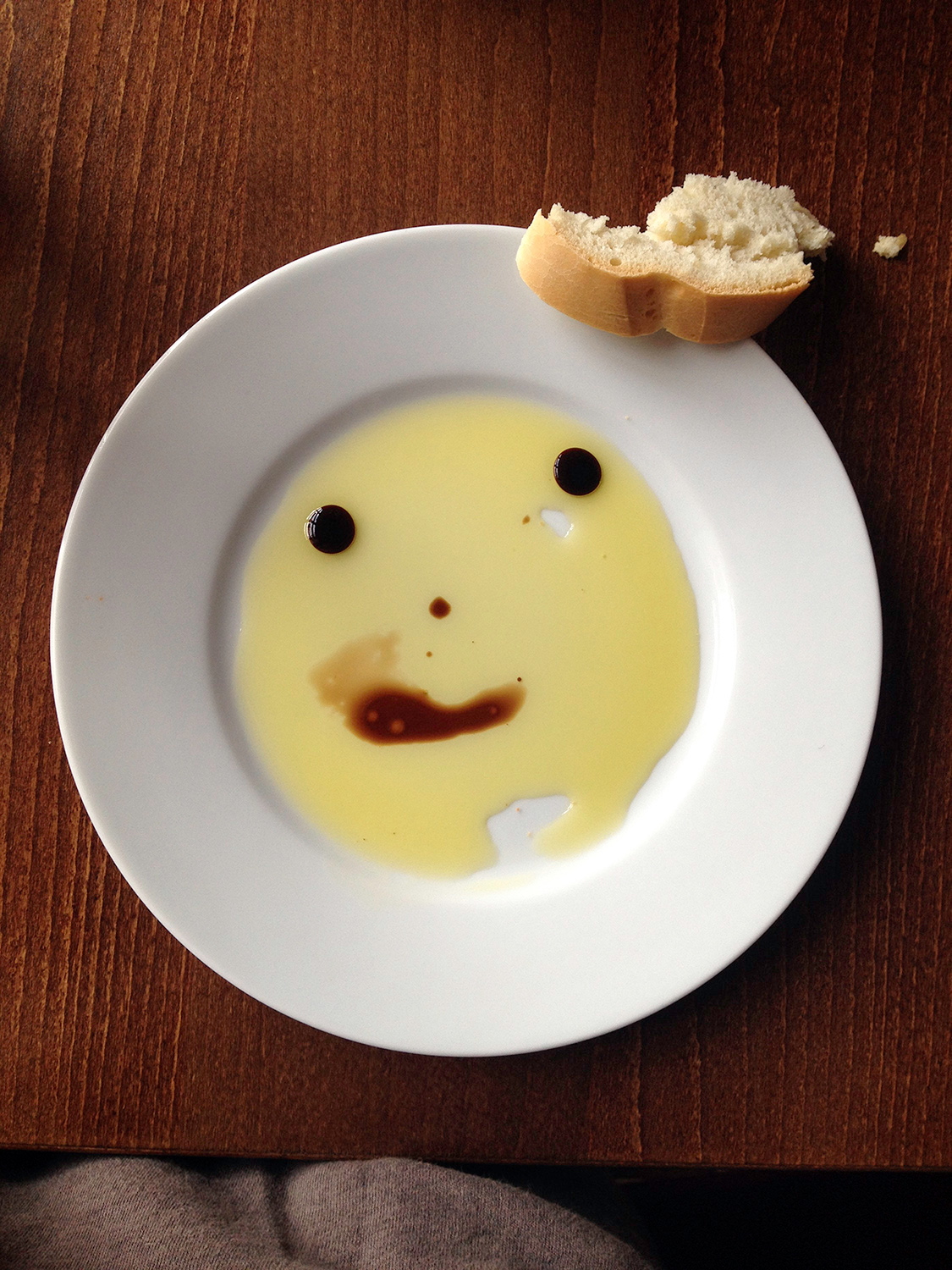
Medication helped her pull through, providing a path out of the darkness and a return to her normal routine. Then, around a year or two after having her son, Rachel began to conceive a new project inspired by her plight. In a departure from previous topics she’d pursued during her career as a photojournalist, she wanted to explore the complexity of postpartum depression not only on an individual level, but as a larger social issue. “My work is usually based on some kind of straightforward experience, whether with portraiture or documentary photography,” Rachel says. “I never thought I’d be interested in depressed mothers with their babies because I couldn’t think of a more boring picture. I wanted my project to be a bit more engaging, so I found themes in my own story and expanded upon them.”
Assuming she wasn’t alone in her troubles, she set out to find other mothers who had similar experiences after childbirth. While living in Berlin, Rachel posted about her idea for the project on a Facebook group for ex-pat parents, asking if anyone would be brave enough to share their story in an interview. The response she received was mind-boggling. One by one, she combed through kind messages in support of her concept, and eventually settled on a selection of women she thought best represented the spectrum of problems caused or exacerbated by postpartum depression. Her subjects seldom refrained from confiding in a stranger, and amid a long-awaited catharsis, each let loose a cascade of painful feelings. In Rachel’s own words, “it was like a waterfall.”
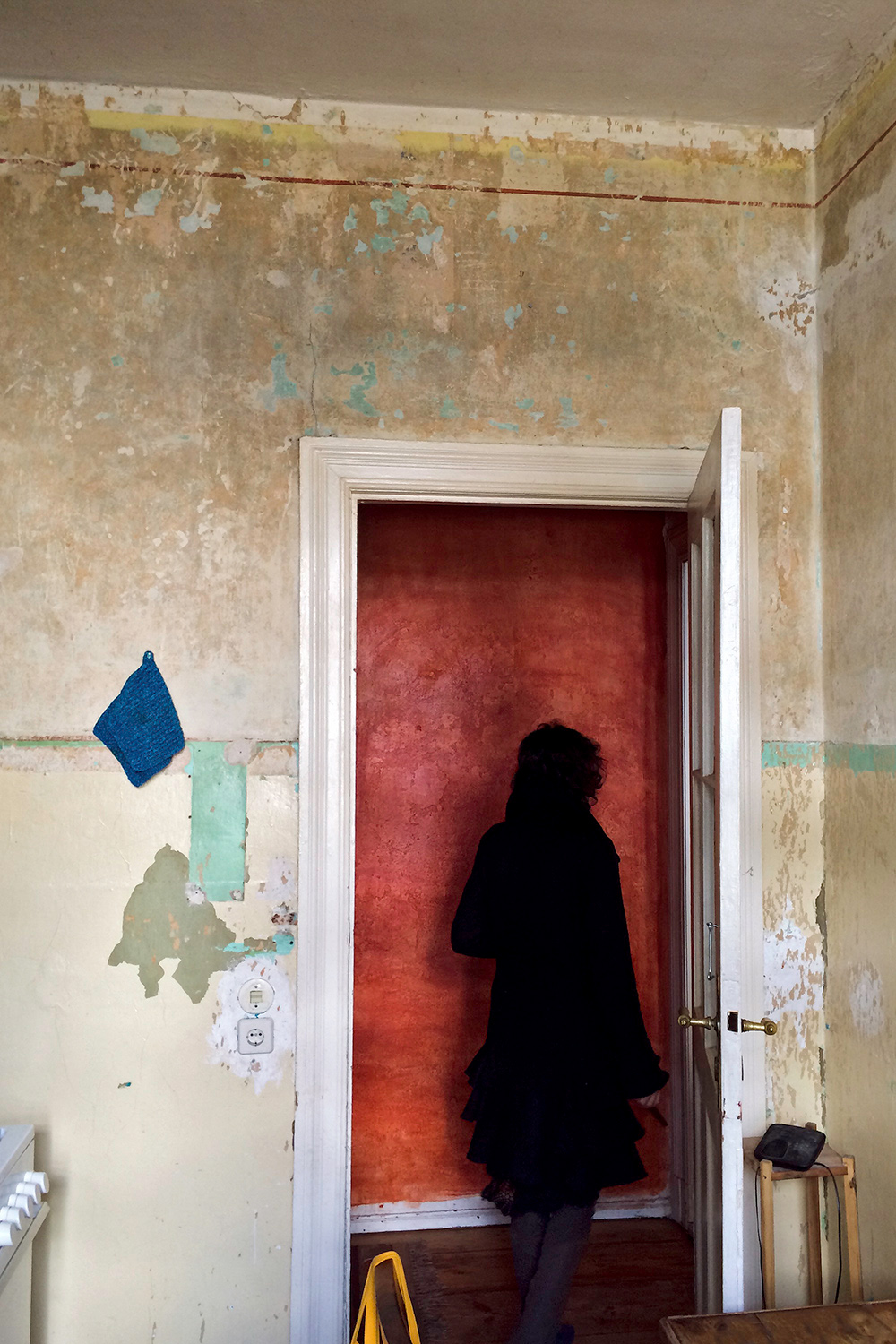
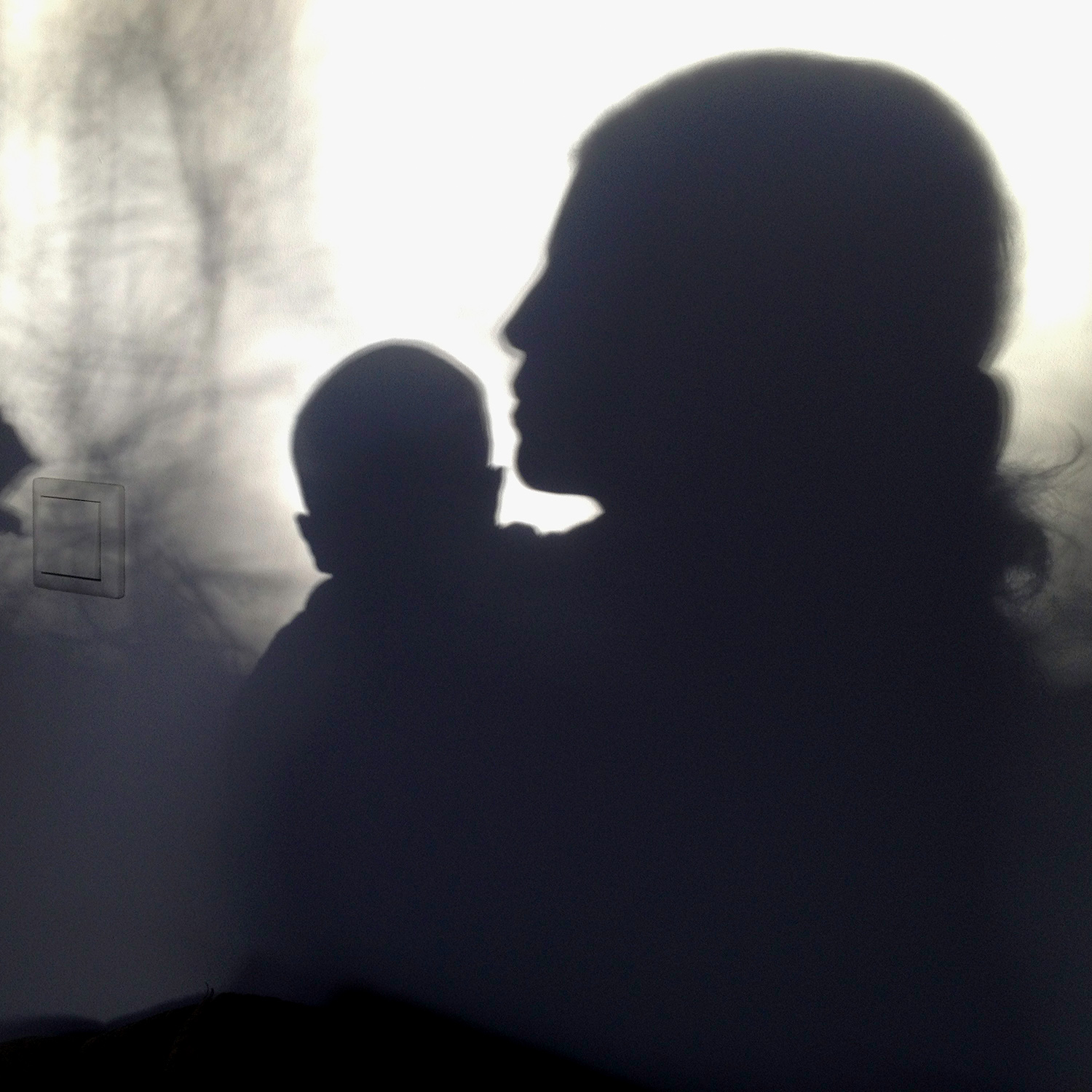
Years of transcribing, editing, and compiling these anecdotes produced It’s Been Pouring: The Dark Secret of the First Year of Motherhood, a new photo book available for pre-order from Kehrer Verlag. Showcasing around 60 compelling color images, alongside poignant interviews, emails, and texts, the monograph documents ordinary mothers in their bleakest moments, merging their accounts with Rachel’s to chronicle a genuine tale of devastation. “Postpartum depression is well-known, but people still choose to look the other way,” she says. “In this project, I shine a direct light on the experience of these mothers, without any relief. Though it’s shocking and difficult, I believe it’s necessary to see.” Rather than present a universal understanding of motherhood, Rachel draws upon different sources to unmask the so-called ‘miracle of birth,’ exposing the suffering sometimes left behind in its wake.
Categorized by common motifs, the book adheres to a chronological structure, guiding readers through a series of reconstructed testimonies. First, there’s the birthing process, followed by the psychology of postpartum depression, between obsession, sadness, rage, and guilt. A significant portion of the work also examines identity, referencing the archetype of the doting mother and how many try, though often fail, to measure up to the cultural ideal of a housewife or caregiver. Scattered journal entries and texts paint a vivid picture of moms in the throes of postpartum depression, revealing the anguish many refuse to admit out loud. (“I put my hand over [my baby’s] mouth last night,” one message says.) It’s Been Pouring tackles all of these traumatic memories head-on, every page soaked in staggering vulnerability.
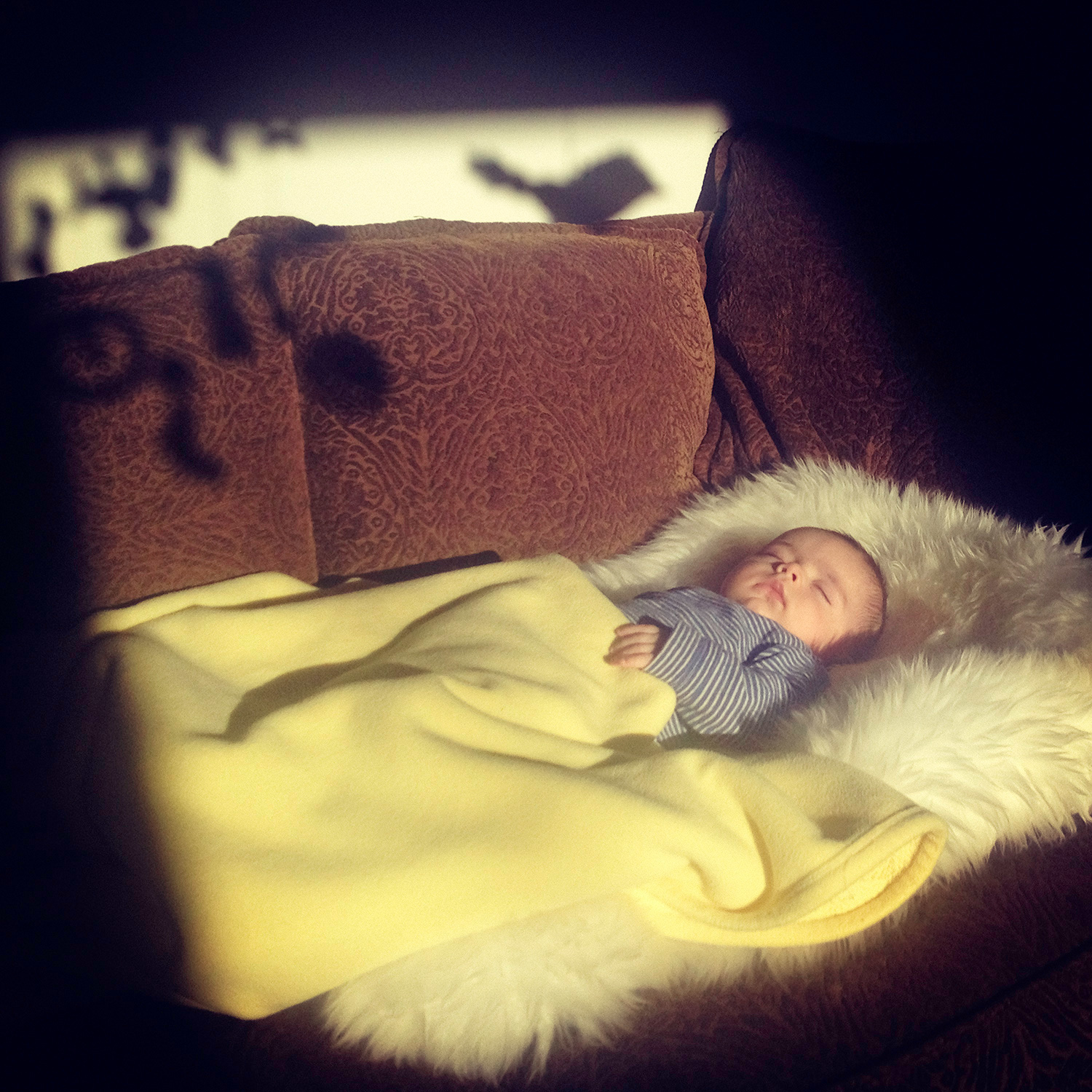
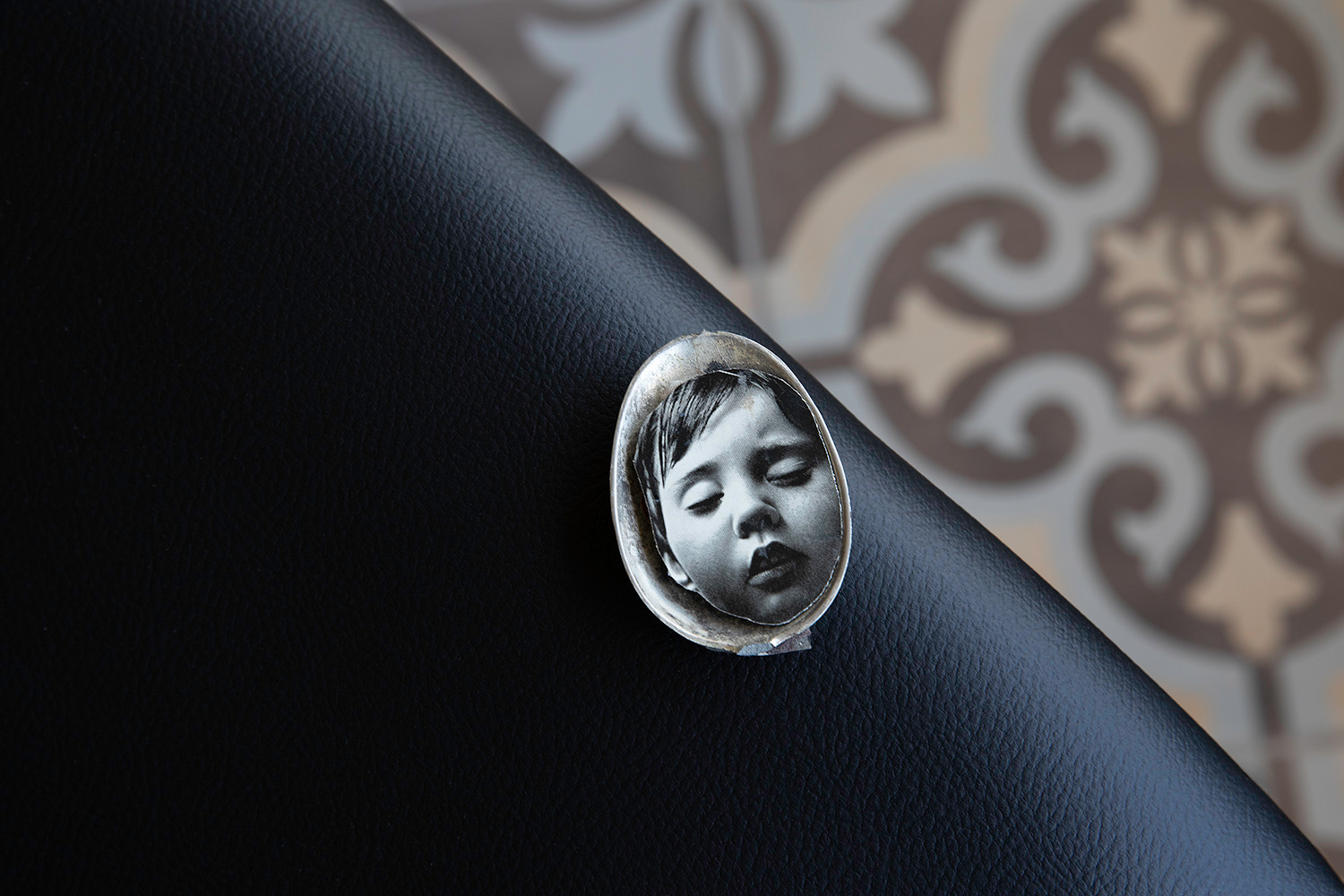
“When he cried, I hated him,” reads one passage by a mother named Anita. “It sounds horrible to say that, but I was so angry and resentful of him — that this happened to me, this happened to my body, this happened to my beautiful water-birthing story, this happened to my relationship with my husband — that I was pushing everyone away from me.”
Few of the interviewed moms make an official appearance in the collection of images. Instead, moody shots of sleeping babies, gloomy landscapes, and other abstract representations are arranged at random, evoking a sensation of internal turmoil. “My photos come from a very emotional place,” Rachel says. “The ones I took on my phone, for me, are the most powerful. I remember exactly where I was, what I was doing, and how I felt at that moment.” One image of a family framed by fallen autumn foliage may seem mundane on the surface but, in reality, it’s where Rachel had an awful panic attack. In the cover photo — captured in a steamy bathroom with her congested son — two tired eyes poke out from beneath the haze, fighting to break through the literal and figurative fog.

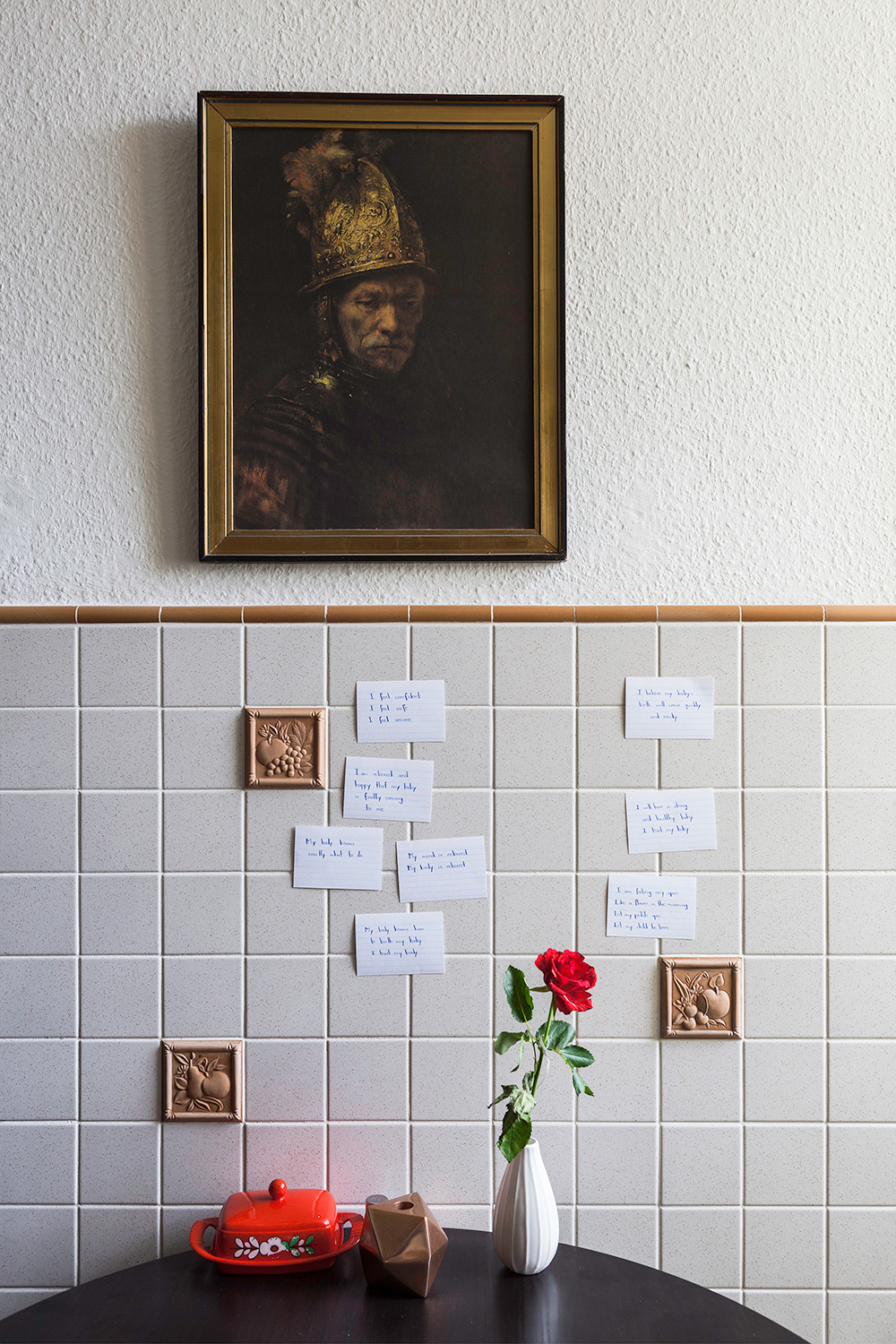
By the time It’s Been Pouring came to fruition, Rachel had already conquered the demons she faced during those vast and dreary days. Still, while the process didn’t drastically improve her experience, it gave her the closure she needed to accept her feelings and move forward with life. She hopes the book will do the same for other women, and continue the conversation about how to champion systemic change, whether with extended maternity leave, government-funded childcare, or wider access to therapy. At the very least, she strives to supply new mothers with the tools required to express their heartache, just like the project did for her way back when. “It helped me talk about it openly, to stand up and say, ‘I had postpartum depression,’’ Rachel finishes. “That was something I could never say before.”
‘It’s Been Pouring: The Dark Secret Of The First Year Of Motherhood’ is available for pre-order from Kehrer Verlag.
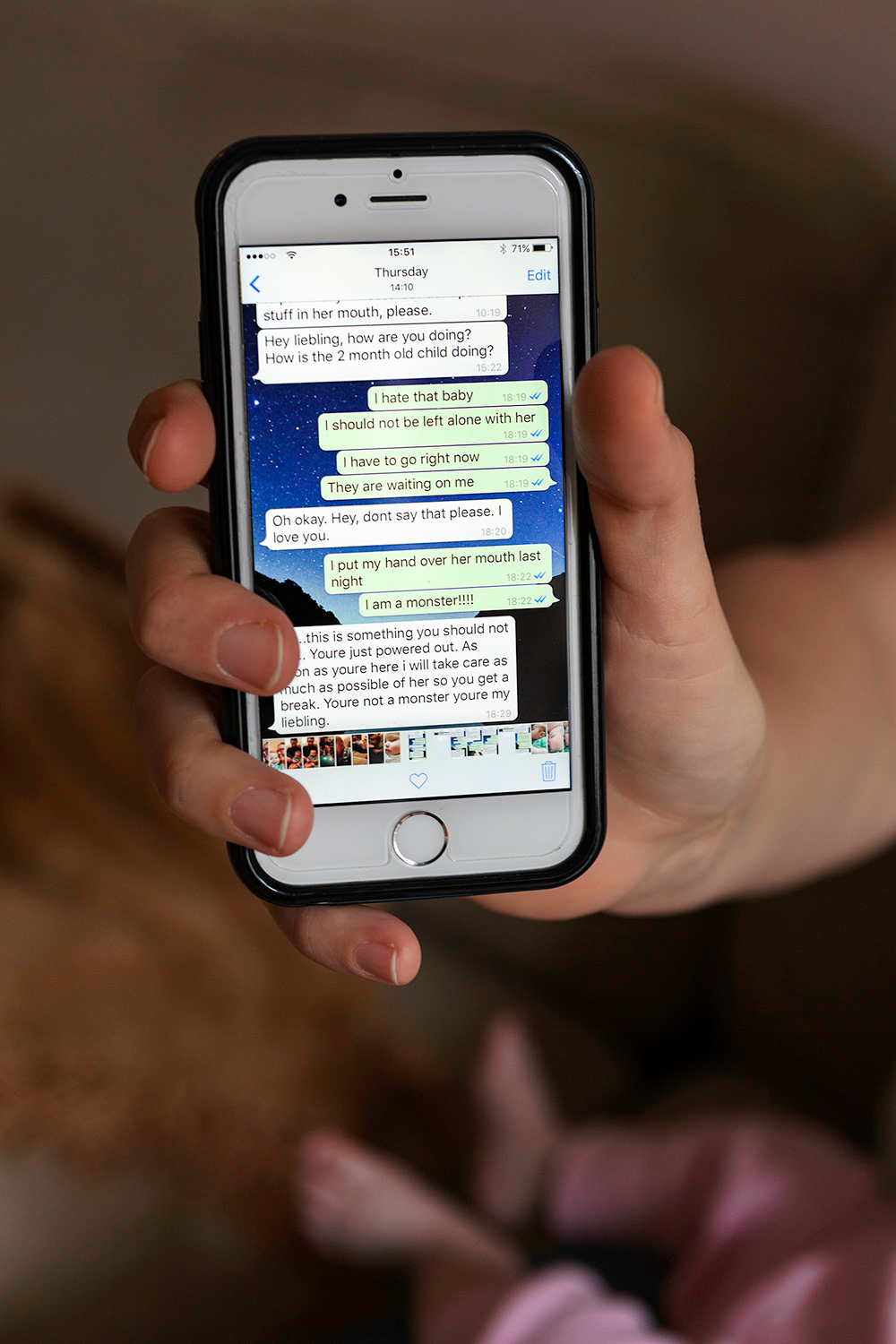
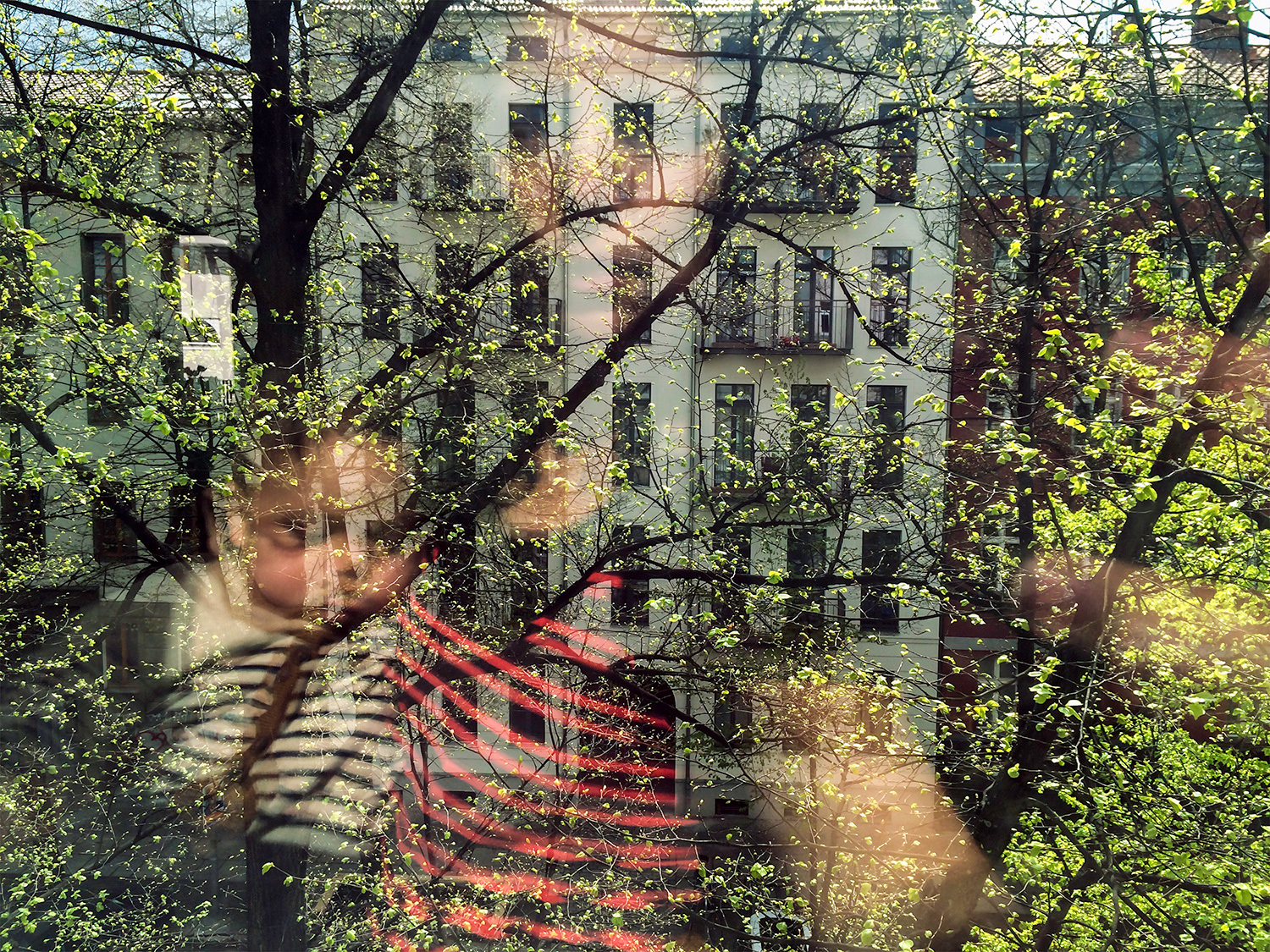


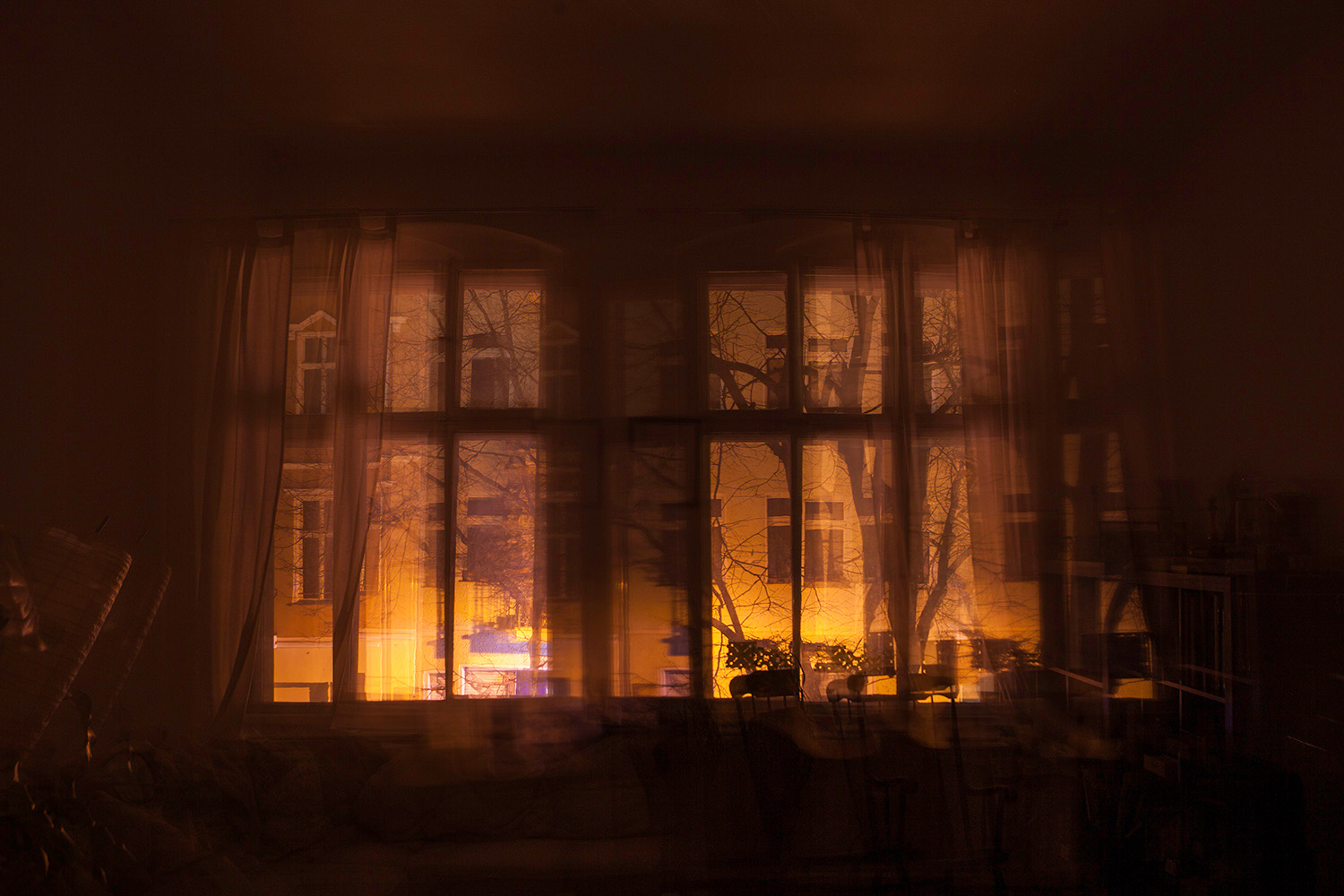
Credits
All photos courtesy of the artist.
